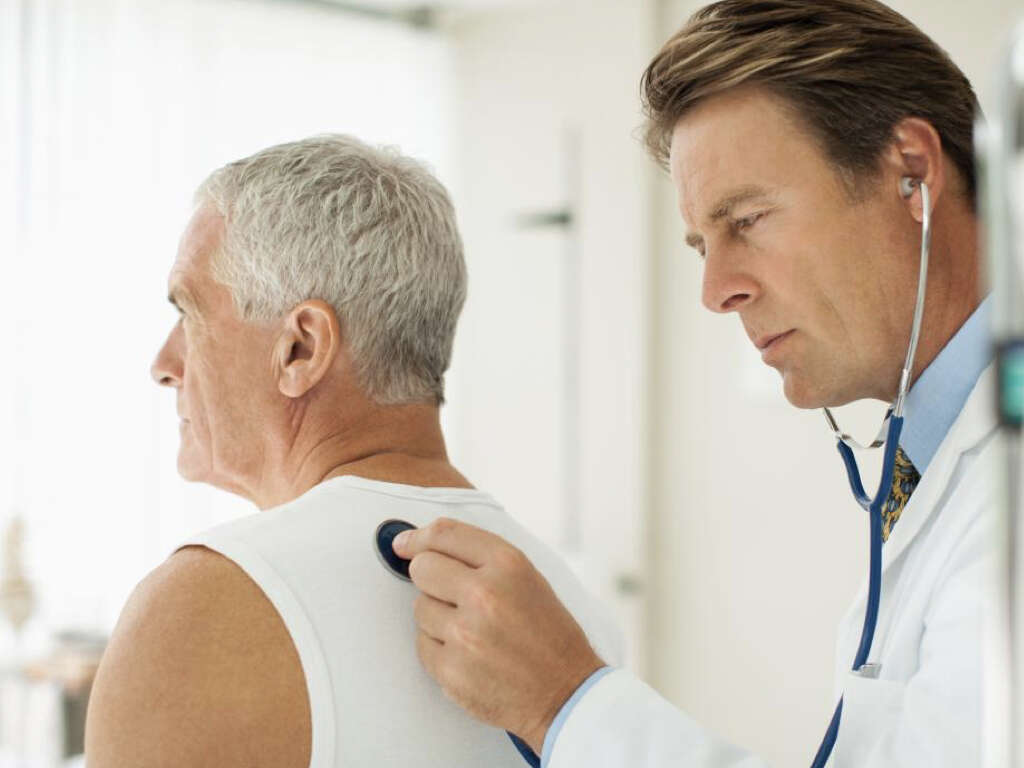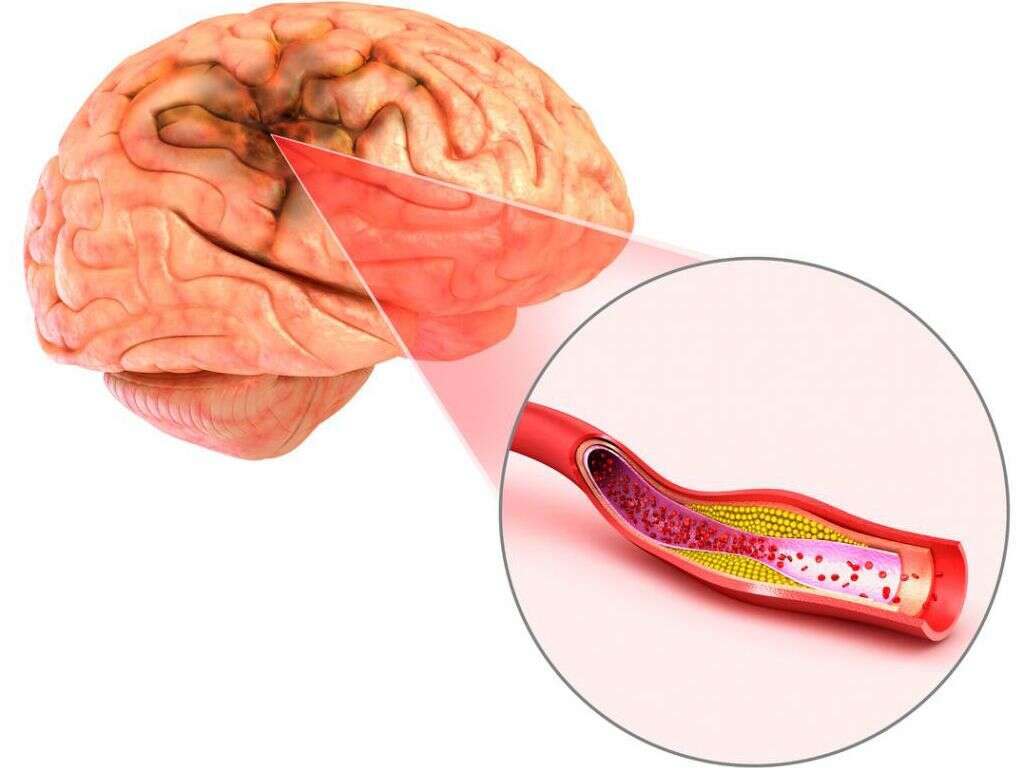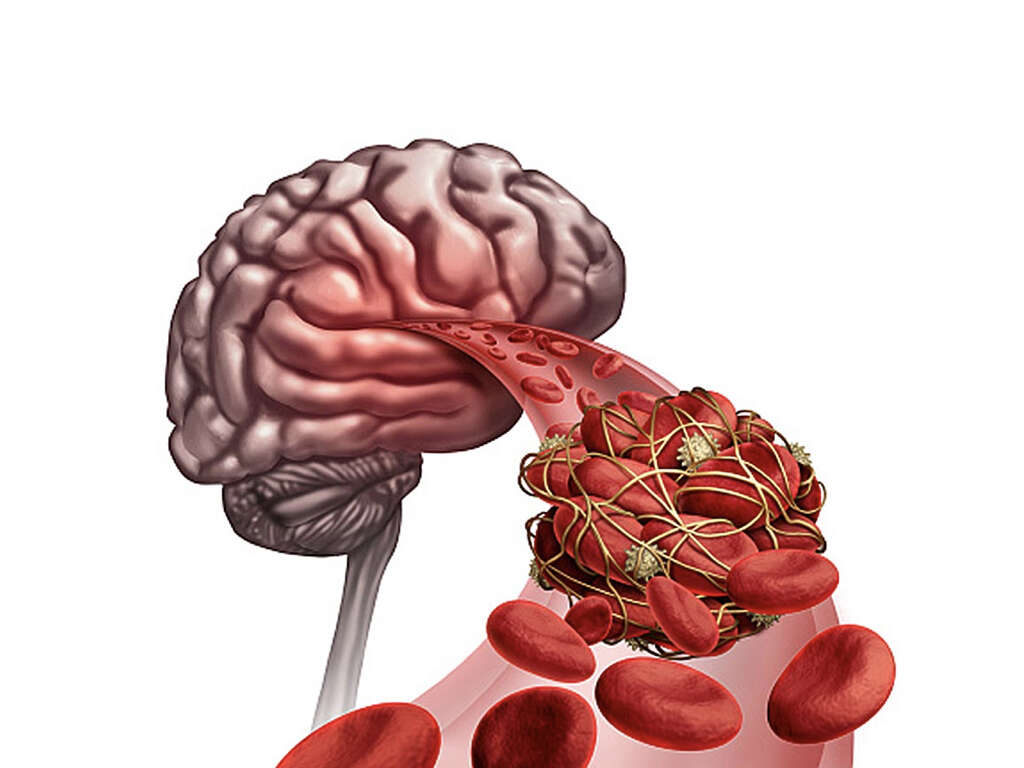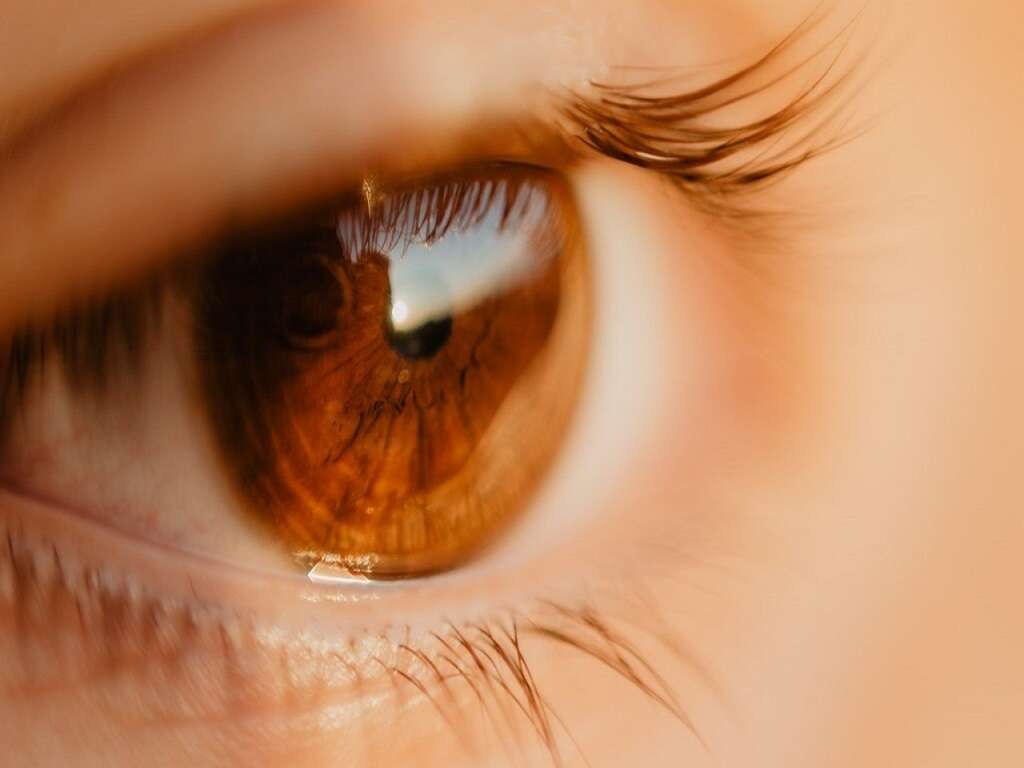10 Hemorrhagic Stroke Symptoms
 Article Sources
Article Sources
- 1. Gray, Vicki, et al. ‘Factors That Influence Muscle Weakness Following Stroke and Their Clinical Implications: a Critical Review.’ Physiotherapy Canada.ncbi.nlm.nih.gov/pmc/articles/PMC3484914/
- 2. McKenzie-White, Jane. ‘Neuropsychiatry of Stroke.’ Johns Hopkins Medicine, Based in Baltimore, Maryland, 20 June 2017, www.hopkinsmedicine.org/gec/series/neuropsych/stroke.html
- 3. Çelebisoy, Mehmet, et al. ‘Recovery of Visual-Field Defects after Occipital Lobe Infarction: a Perimetric Study.’ Journal of Neurology, Neurosurgery & Psychiatry, BMJ Publishing Group Ltd, 1 June 2011, jnnp.bmj.com/content/82/6/695.abstract
- 4. Schwab S;Aschoff A;Spranger M;Albert F;Hacke W; ‘The Value of Intracranial Pressure Monitoring in Acute Hemispheric Stroke.’ Neurology, U.S. National Library of Medicine, pubmed.ncbi.nlm.nih.gov/8757010/
Difficulty Walking
Symptoms of a hemorrhagic stroke vary from one person to another. In some people, a stroke may interfere with their ability to speak or understand speech, but their psychomotor functions may be unhindered.2McKenzie-White, Jane. ‘Neuropsychiatry of Stroke.’ Johns Hopkins Medicine, Based in Baltimore, Maryland, 20 June 2017, www.hopkinsmedicine.org/gec/series/neuropsych/stroke.html Other people may be able to talk normally while having a stroke but may be unable to stand or walk.
A hemorrhagic stroke may cause weakness or poor coordination in one leg. If someone suddenly becomes unable to maintain their balance and ability to walk normally, they need urgent medical attention.
Advertisement











